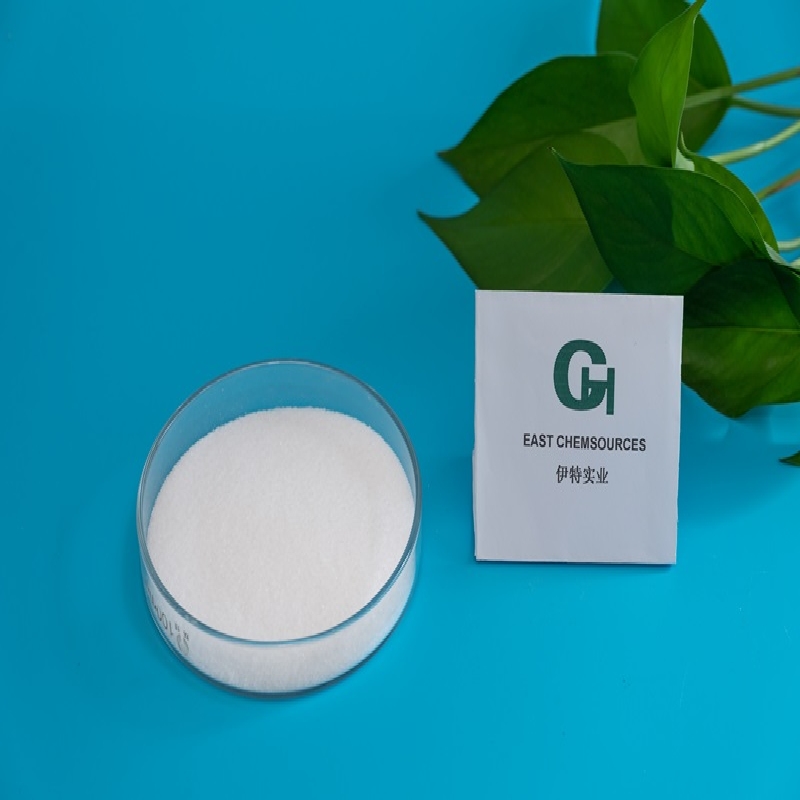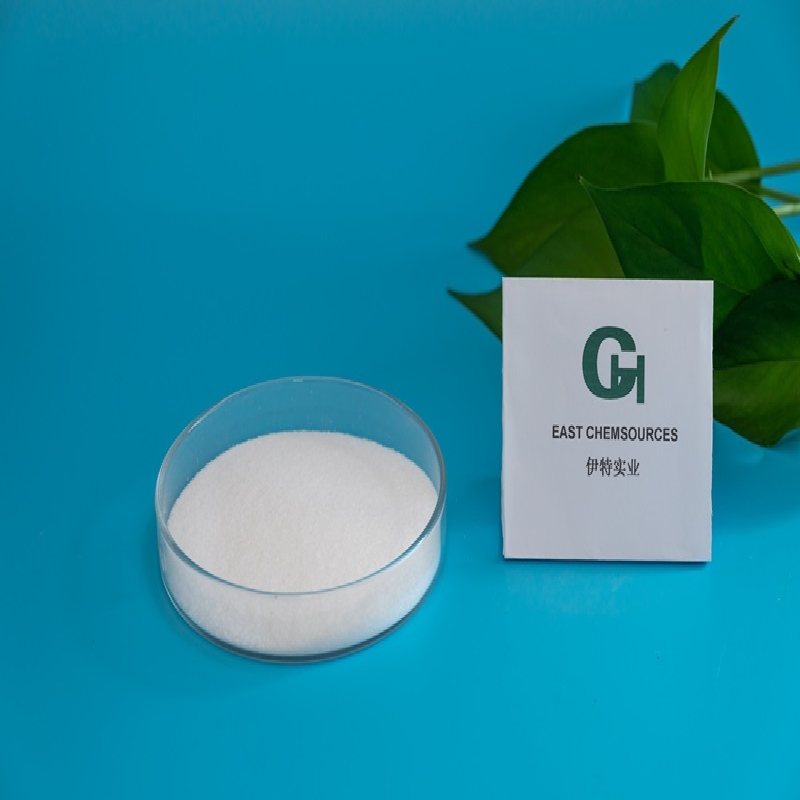-
Categories
-
Pharmaceutical Intermediates
-
Active Pharmaceutical Ingredients
-
Food Additives
- Industrial Coatings
- Agrochemicals
- Dyes and Pigments
- Surfactant
- Flavors and Fragrances
- Chemical Reagents
- Catalyst and Auxiliary
- Natural Products
- Inorganic Chemistry
-
Organic Chemistry
-
Biochemical Engineering
- Analytical Chemistry
- Cosmetic Ingredient
-
Pharmaceutical Intermediates
Promotion
ECHEMI Mall
Wholesale
Weekly Price
Exhibition
News
-
Trade Service
It is well known that intestinal bacteri groups have a series of far-reaching effects on human health, from mental health to physical health, and have been fully confirmed.
, however, the mechanism by which enterobacteria play an important role in natural resistance to viral infections has not yet been identified.
now, new progress has been made in this area.
In a new study published in Cell on November 19, researchers from Harvard Medical School and Yale University identified specific gut bacteria in mouse studies that could induce immune cells to release an antiviral chemical called type 1 interferon (IFN-1).
importantly, they further accurately identify and isolate molecules common to a wide range of gut bacteria, which are sufficient to restore the protective effect of the entire gut microbiotic group. "Given the critical role interferons play in disease and health, the bacterial molecules we identify can induce interferon protection signals, which could open up new avenues for the development of therapeutic compounds that enhance antiviral immunity," said Dennis Kasper,
study co-author and professor of immunology at Harvard Medical School's Blavatnik Institute.
" in our body shortly after birth, there are low levels of interferon signaling, which provides antiviral protection without active infection, but the route and manner of transmission of this signal has been unknown.
new study provides evidence for this phenomenon, suggesting that the protective response comes from immune cells located in the colon wall.
studies have shown that these cells release protective interferon when stimulated by surface molecules on the membranes of specific gut bacteria.
in a series of experiments on cells and animals, the researchers found that one of these microorganisms, b. fragilis, is present in most people's intestines and is the most common anaerobic bacteria that breaks down sugar.
Normally, it can initiate a series of signal cascading reactions to induce immune cells in the colon to release a protein called β interferon (IFN beta), an important immune chemical that provides antiviral protection in two ways: it induces the self-destruction of infected cells and stimulates other types of immune cells to attack the virus.
new study confirms that a molecule on the surface of a bacterium triggers the release of interferon by activating β the TLR4-TRIF signaling pathway.
pathway is initiated by one of the nine tol-like subjects (TLRs) in the innate immune system.
when proteins on the surface of immune cells identify specific molecular patterns on the surface of infectious organisms, a tooll-like subject defends against these intruders, and this pathway is activated.
experiments conducted by the
team showed that when molecules on the surface of the fragile python communicate with the colon's immune cells through the TLR4-TRIF complex, one of the signaling pathways is opened, secreting β interferons that fight the virus.
researchers found that the specific surface molecules that turn on this cascading reaction are not unique to fragile anthocysts and are found in a variety of other gut bacteria in the same family.
, the researchers tested whether other bacteria carrying the molecule could trigger similar immune signals.
in a group of mice showed that membranes containing the molecule, which is found in a variety of familial bacteria, could successfully initiate similar signals.
findings suggest that broad immune protection signals are common in many gut bacteria.
to determine whether fragile bacillus protects animals from infection, the researchers tested two groups of mice: one treated with antibiotics to deplete the gut bacterios, and the other with a complete gut bacteriostraty.
, the researchers exposed treated and un treated animals to the blistered mouth infection virus (VSV), which infects almost all mammals but mainly causes asymptomatic infections in humans.
experiments showed that mice treated with antibiotics and with depleted gut bacterios were more susceptible to active infection after exposure to the virus than mice that were not treated with antibiotics and had a good intestinal bacterios.
this result confirms the role of gut microorganisms in inducing protective interferon signals and enhancing natural resistance to viral infections.
interesting is that mice lacking interferon-like bodies did not differ regardless of the integrity of the gut bacteria.
, the results show that symblotic cystics play their protective role through interferon signals.
, to see if molecules on the surface of fragile Bacillus can also regulate an animal's response to viral infections, researchers added a purified molecule to the drinking water of mice that deplete their gut bacteri.
a few days later, when the animals were exposed to VSV, the infections in the animals treated with the molecule were significantly mild, with the same survival rates as those in mice with complete intestinal bacteriologies and immune defense systems.
results show that in animals with depleted gut microbiomes, supplementing this symbic microbial molecule is sufficient to restore the protective effect of the entire bacteri group.
the team suggests that these results need to be confirmed in further animal experiments before they can be replicated in humans, but they present a new strategy that could help boost human antiviral immunity.







